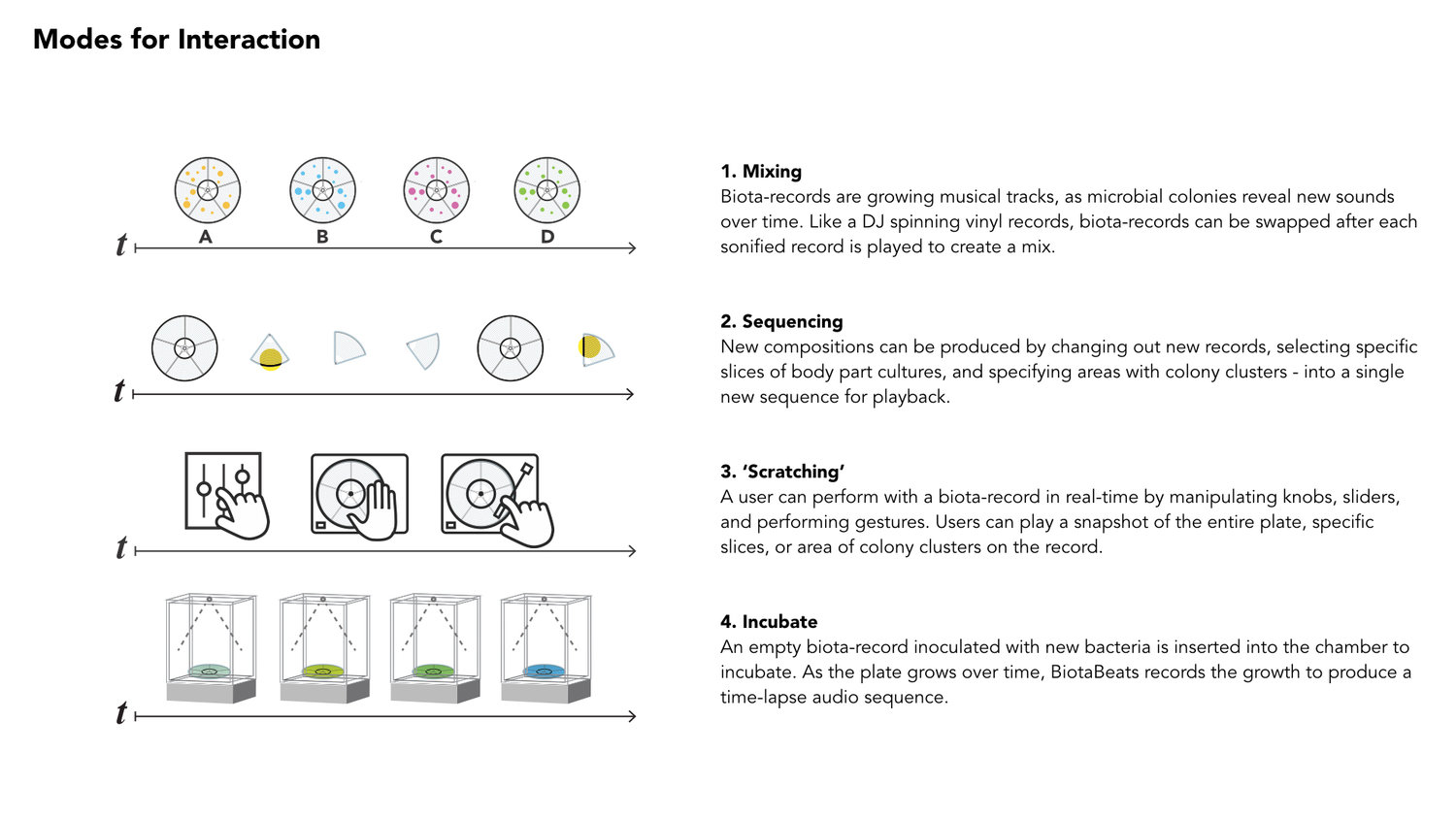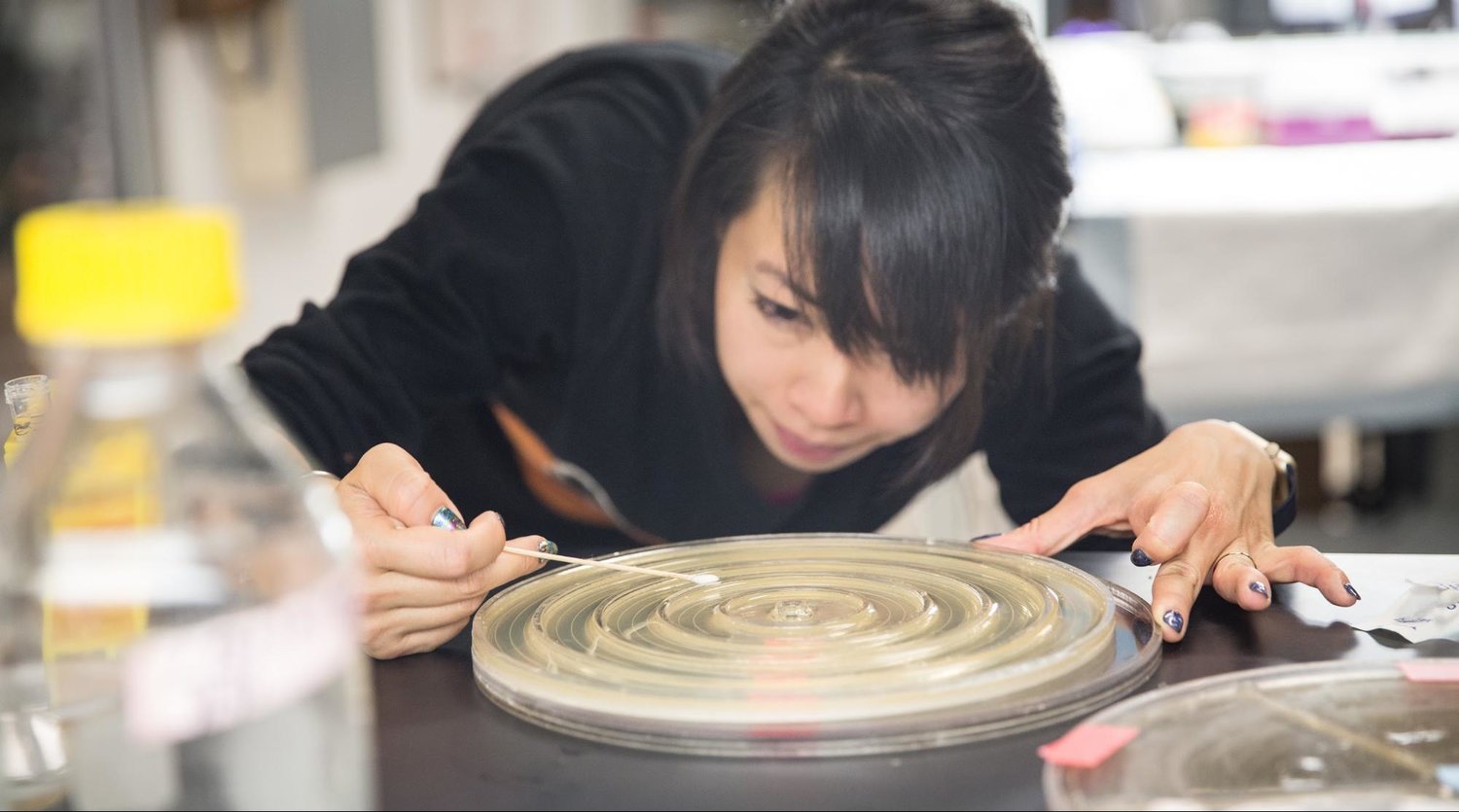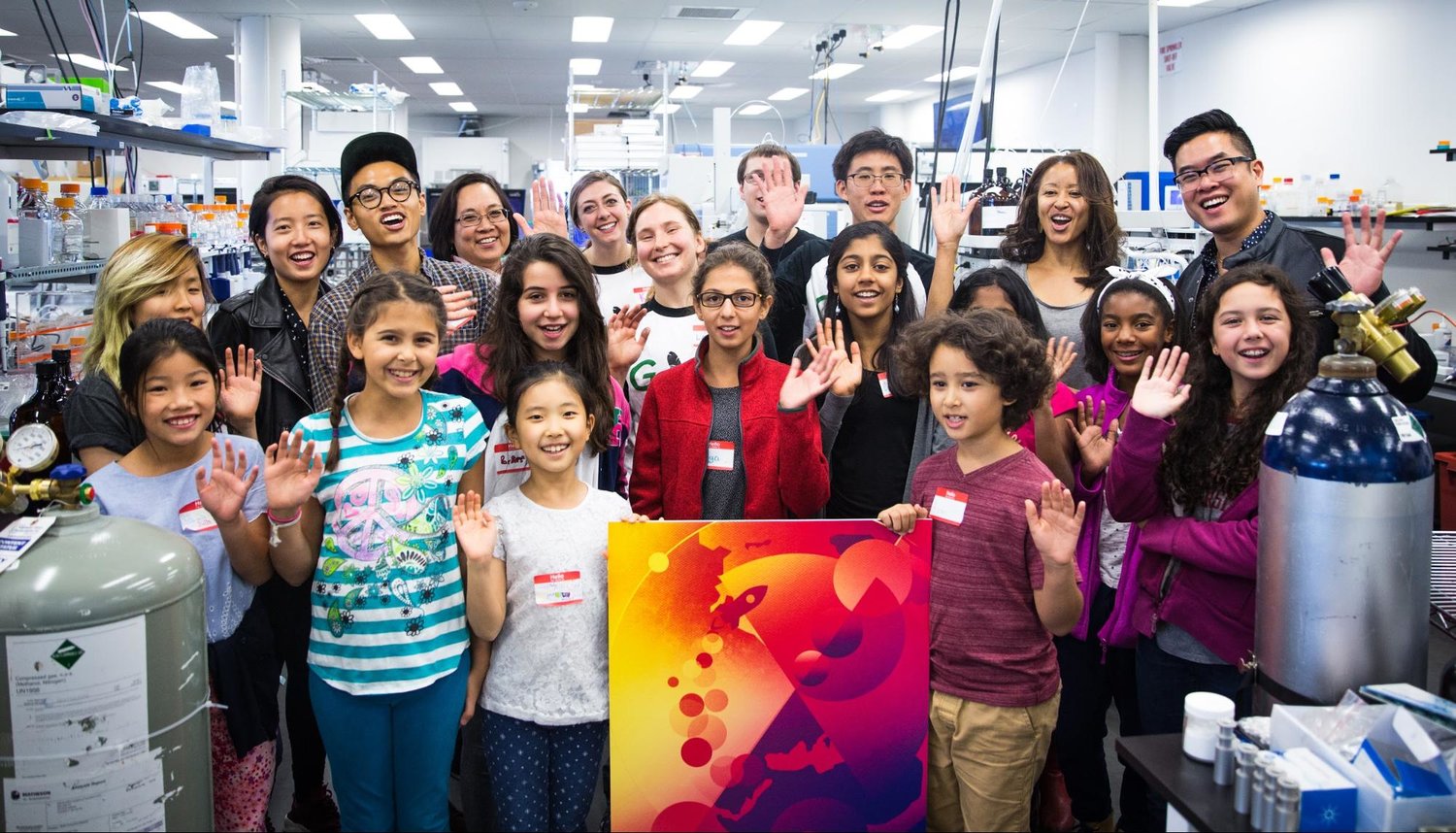From Arts at MIT:
"The Schnitzer Prize was established in 1996 through an endowment from Harold and Arlene Schnitzer of Portland, Oregon. Harold Schnitzer, a real estate investor, graduated from MIT in 1944 with a degree in metallurgy. The prizes—a first prize of $5000, second prize of $3000, third prize of $2000 and honorable mentions of $1000—are awarded to undergraduate and graduate students for excellence in a body of artistic work. This year’s recipients represent the diverse academic backgrounds of contemporary artists, as well as the distinctive creative culture of MIT, where science, technology and art inform each other.
An exhibition of selected works by the Schnitzer Prize winners—Ani Liu, Angel Chen, Jessica Rinland, Anne Graziano and Edwina Portocarrero—will be on view in the Wiesner Student Art Gallery, opening June 2, 2017.
Ani Liu
Ani Liu, the first-prize winner, is an interdisciplinary artist and graduate student in the Media Lab in the Design Fiction group. In her research-based art, she explores the cultural implications of emerging technologies. Her work includes architectural installations, wearable prosthetics, augmented reality and synthetic biology.
Her evocative biological design objects include: “Kisses from the Future,” a petri dish of micro-organisms cultured from a kiss; “Forget Me Not,” a plant that is engineered to emit a person’s odor, reversing the perfumer’s art of applying floral fragrances to people; and “The Botany of Desire: Experiments in Interspecies Interfaces,” which tests the limits of interspecies empathy. Ani’s expansive portfolio also includes digital and analog works that investigate everything from networked reality to falling in love.
For her thesis work, she controls the movement of sperm with her mind. She describes the work as a “biopolitical feminist art piece” and says it allows her both “to push the limits of what I was able to accomplish technologically, in terms of the engineering” and “to question who gets control over bodily rights, and what kind of metaphorical acts can empower and make us question the status quo.”







